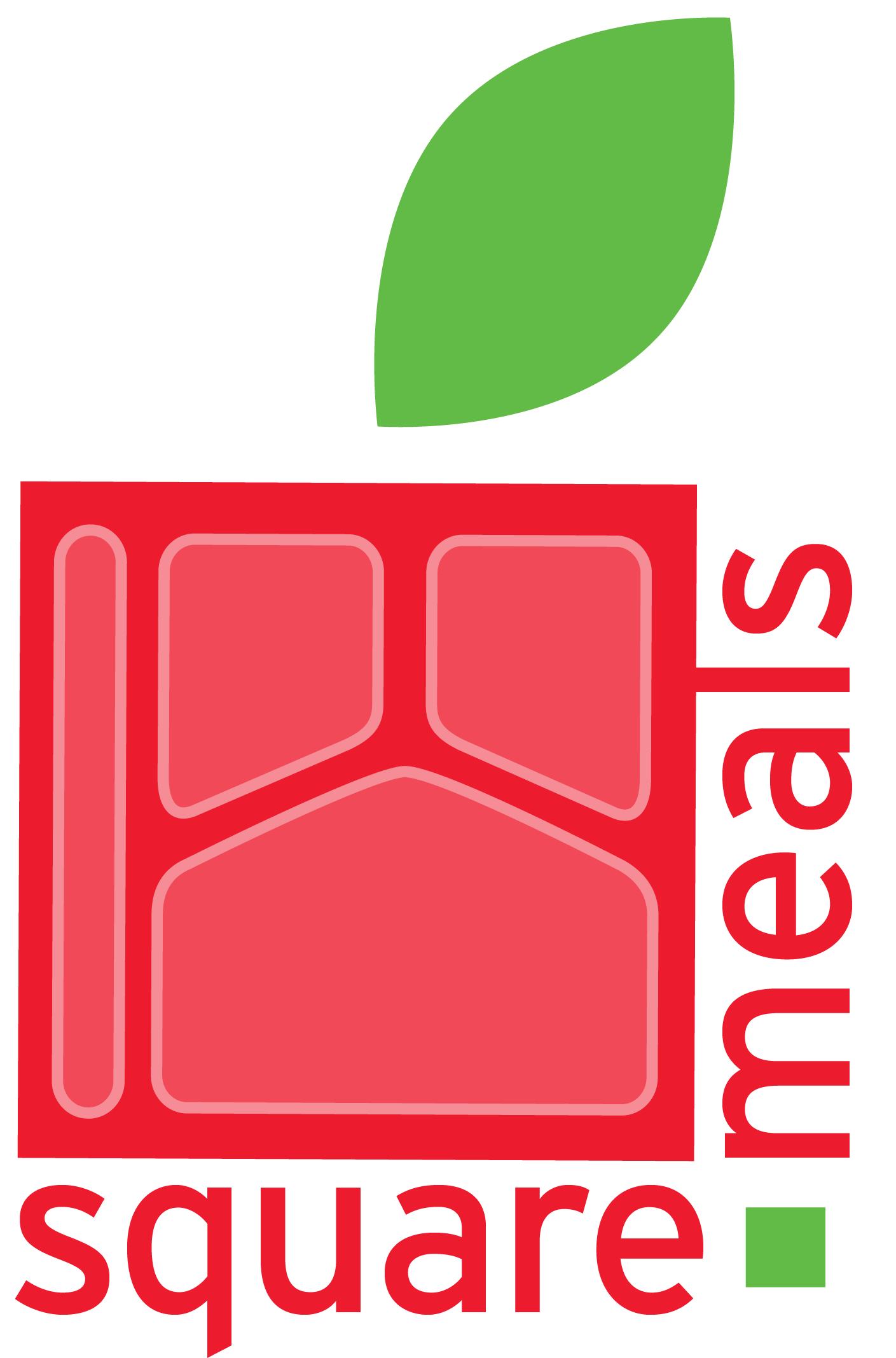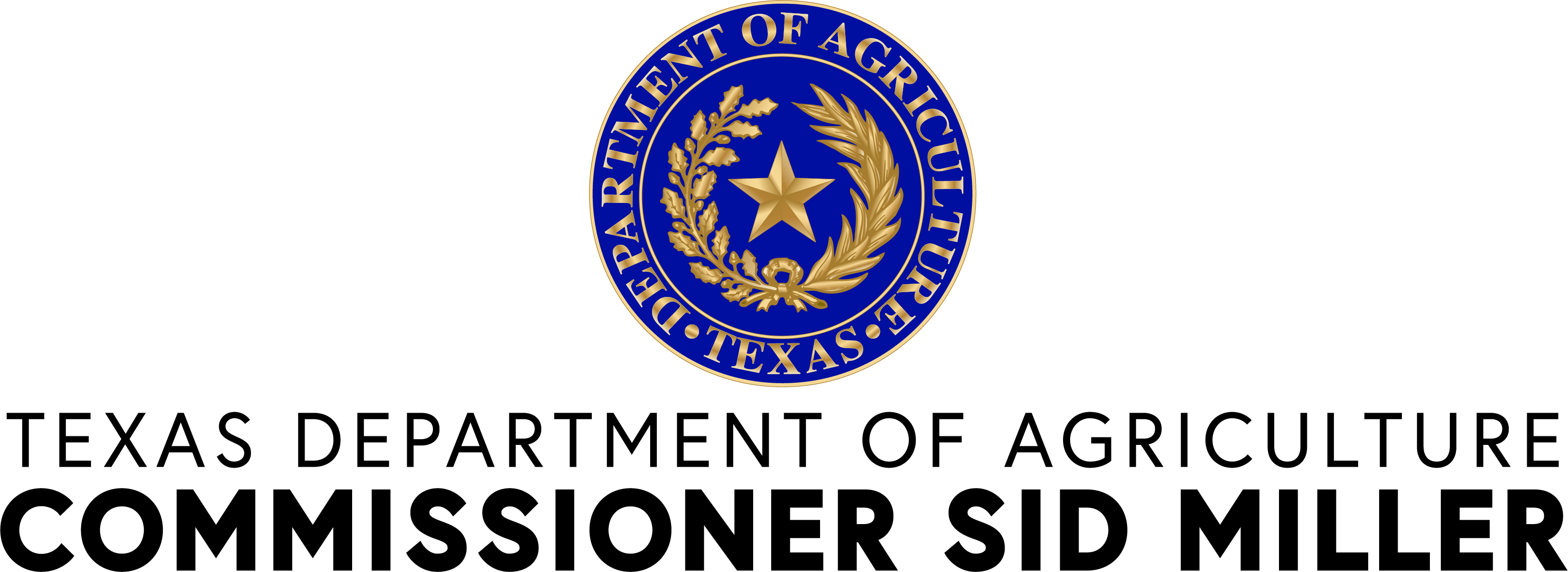|
|
|
Texas Farm Fresh
|
|
Join the Movement!
We are working to create a Farm Fresh generation by connecting local schools with Texas agriculture. Our movement was started by Texas Department of Agriculture Commissioner Sid Miller to cultivate an enduring mindset among new generations in which foods are chosen with the knowledge that those choices positively impact not only their own health, but the health of the community at large.
When Texans support Texans we all win. Here’s how you can get involved!
Schools, Child Care Centers & Community Centers
- There are so many ways to get involved in helping build a Farm Fresh generation.
Farmers, Ranchers & Producers
- A Homegrown & Healthy Texas is not possible without you.
Community Members
- Everyone plays a role in creating a Farm Fresh generation that supports local schools and Texas agriculture.
Texas Farm Fresh Facts
- Texas is building a Farm Fresh generation by connecting schools and childcare centers with Texas
agriculture.
Please Respond to TDA's Farm Fresh Survey 2024!
This 5–10 minute survey helps inform the agency of Texas Farm Fresh activity and guides the direction and support of Farm Fresh programming in schools and childcare settings across the state.
NSLP & CACFP Child Nutrition Directors
- Please click HERE to complete this important survey by August 1, 2024 for SY 2023-24.
Texas Farmers, Ranchers, and Producers participating in Farm to School and Early Care activities
• Please click HERE to complete this important survey for Texas agricultural producers.
Farm Fresh Photo Library!
Farm Fresh Photo Library- Click Here!
The Texas Department of Agriculture (TDA) is looking for authentic Texas Farm Fresh images to highlight Farm to School and Early Care activities occurring across the state.
TDA is committed to spotlighting Texas Child Nutrition Program pictures of local menu items, taste tests, field trips, Farm Fresh events and displays. High quality images will be showcased via marketing and communication platforms like SquareMeals, E-Harvest, and social media.
Please submit your Texas Farm to School and Early Care images here.
Farm Fresh Webinar Series – Recordings and Slide Decks

These webinar recordings provide information about different farm to school programs across Texas. If you are interested in learning more about how schools and Texas producers work together to get more local food into schools, these webinars are a great place to start.
| Farm Fresh Webinar with Florence ISD and Bouldin Food Forest - 4/26/21 |
|
The TDA Farm Fresh Initiative welcomed Florence Independent School District and Farm Fresh Network member Bouldin Food Forest to share their experiences working together to build a strong farm to school partnership. Key topics included becoming an approved vendor, serving unique produce to expand students’ exposure to new foods, and hosting “meet the farmer” days. Download the slide deck here. |
| Farm Fresh Webinar with Coppell ISD – 1/27/21 |
|
The TDA Farm Fresh Initiative welcomed panelists from Coppell Independent School District to share their experiences with building and sustaining a thriving farm to school program. Key topics included gaining support within the school district, school gardens, effective marketing, and purchasing food from local farmers and distributors. Download the slide deck here. |
Purchasing Texas-Grown Food during COVID-19 – 6/23/20
|
|
The TDA Farm Fresh Initiative welcomed panelists from Austin Independent School District, The Common Market Texas, and Galveston’s Own Farmers Market to discuss operational shifts during the pandemic, solutions they have developed, and opportunities for maintaining a commitment to local food into the future. Download the slide deck here. |
Contact Us
For additional information or assistance with any Texas Farm Fresh project, please contact TDA.
Email: FarmFresh@TexasAgriculture.gov
Toll Free: (877) TEX-MEAL (877-839-6325)
|
|
|
|
|
|
|
|
|
|
|
Assistance available in English and Spanish. Please call 877-TEX-MEAL (877-839-6325) for help. Additional translations services available as well.
|
|
In accordance with federal civil rights law and U.S. Department of Agriculture (USDA) civil rights regulations and policies, this institution is prohibited from discriminating on the basis of race, color, national origin, sex, disability, age, or reprisal or retaliation for prior civil rights activity.
Program information may be made available in languages other than English. Persons with disabilities who require alternative means of communication to obtain program information (e.g., Braille, large print, audiotape, American Sign Language), should contact the responsible state or local agency that administers the program or USDA’s TARGET Center at (202) 720-2600 (voice and TTY) or contact USDA through the Federal Relay Service at (800) 877-8339.
To file a program discrimination complaint, a Complainant should complete a Form AD-3027, USDA Program Discrimination Complaint Form which can be obtained online at: https://www.usda.gov/sites/default/files/documents/ad-3027.pdf, from any USDA office, by calling (866) 632-9992, or by writing a letter addressed to USDA. The letter must contain the complainant’s name, address, telephone number, and a written description of the alleged discriminatory action in sufficient detail to inform the Assistant Secretary for Civil Rights (ASCR) about the nature and date of an alleged civil rights violation. The completed AD-3027 form or letter must be submitted to USDA by:
|
|
1. Mail:
U.S. Department of Agriculture
Office of the Assistant Secretary for Civil Rights
1400 Independence Avenue, SW
Washington, D.C. 20250-9410; or
2. Fax: (833) 256-1665 or (202) 690-7442; or
|
|
| This institution is an equal opportunity provider. |
 |

|
|
|